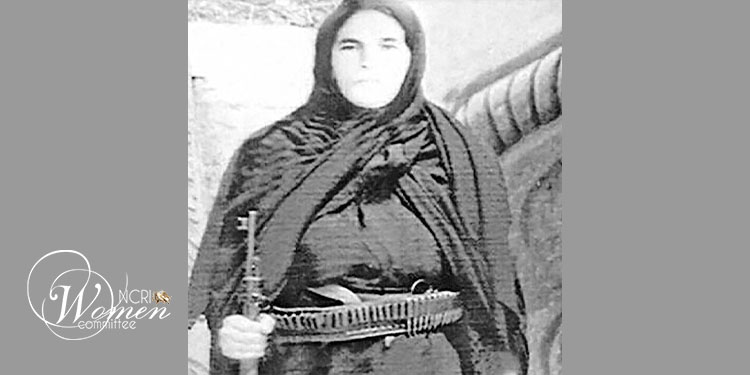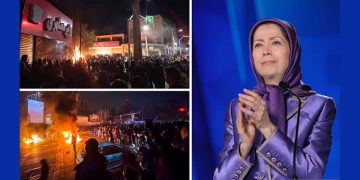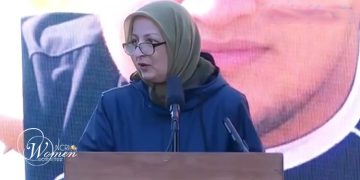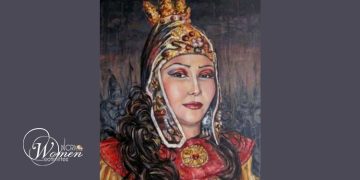Bibi Maryam Bakhtiari (born 1874, died 1937) was one of the pioneering and influential women in modern Iranian history. She played a pivotal role not only in the Constitutional Revolution but also in defending Iran against Russian and British occupation. She was the sister of Sardar As’ad Bakhtiari and actively encouraged his efforts, contributing directly to the capture of Tehran and the success of the revolution.
A Woman Trained in the Art of War
From a young age, Bibi Maryam learned military strategy, shooting, and horseback riding under the guidance of her father, Hossein Qoli Khan Ilkhani, and her brothers. Her marriage to Ali Qoli Khan Chaharlang, a leading figure of the Bakhtiari tribe, gave her access to a small contingent of skilled horsemen. These skills later became crucial in battles against Russian Cossacks and British forces, establishing her as an extraordinary figure among Iranian women.

Presence in the Capture of Tehran
In the critical days before the capture of Tehran, Bibi Maryam and her horsemen secretly entered the capital and stayed in a house overlooking Baharestan Square. As soon as Sardar As’ad launched the attack, they fired at the Cossack forces supporting Mohammad Ali Shah from the rooftop and fought alongside Bakhtiari horsemen. Her bravery greatly increased her popularity within the tribe and earned her the honorable title “Sardar Maryam,” meaning General.
Sanctuary for Freedom Fighters
During the turbulent years of World War I, Bibi Maryam’s home became a safe haven for Iranian intellectuals and political activists under British scrutiny, including Allameh Ali-Akbar Dehkhoda, Malek o-Shoara Bahar, and Vahid Dastgardi. She also actively opposed British influence during the 1919 Anglo-Persian agreement and the 1921 coup.
Connection with Dr. Mohammad Mossadegh
After being removed from the governorship of Fars following the 1921 coup, Dr. Mohammad Mossadegh took refuge in the Bakhtiari region and stayed as a guest of Bibi Maryam. He frequently praised her courage and generosity, recognizing her as one of the nation’s true heroes.

One of Iran’s First Female Memoirists
Bibi Maryam Bakhtiari was among the first Iranian women to write her personal memoirs, in which she criticized social and political issues, highlighting the struggles and deprivation faced by women in her era. Her writing remains a valuable historical record and a testament to her intellectual courage.
Life Marked by Tragedy and Heroism
The life Bibi Maryam Bakhtiari was touched by deep sorrow. Three years after the execution of her prominent son, Ali-Mardan Khan Bakhtiari, by the order of Reza Shah, she passed away in 1937 in Isfahan. She was laid to rest in the historic Takht-e Foulad cemetery, where her legacy continues to inspire.
























